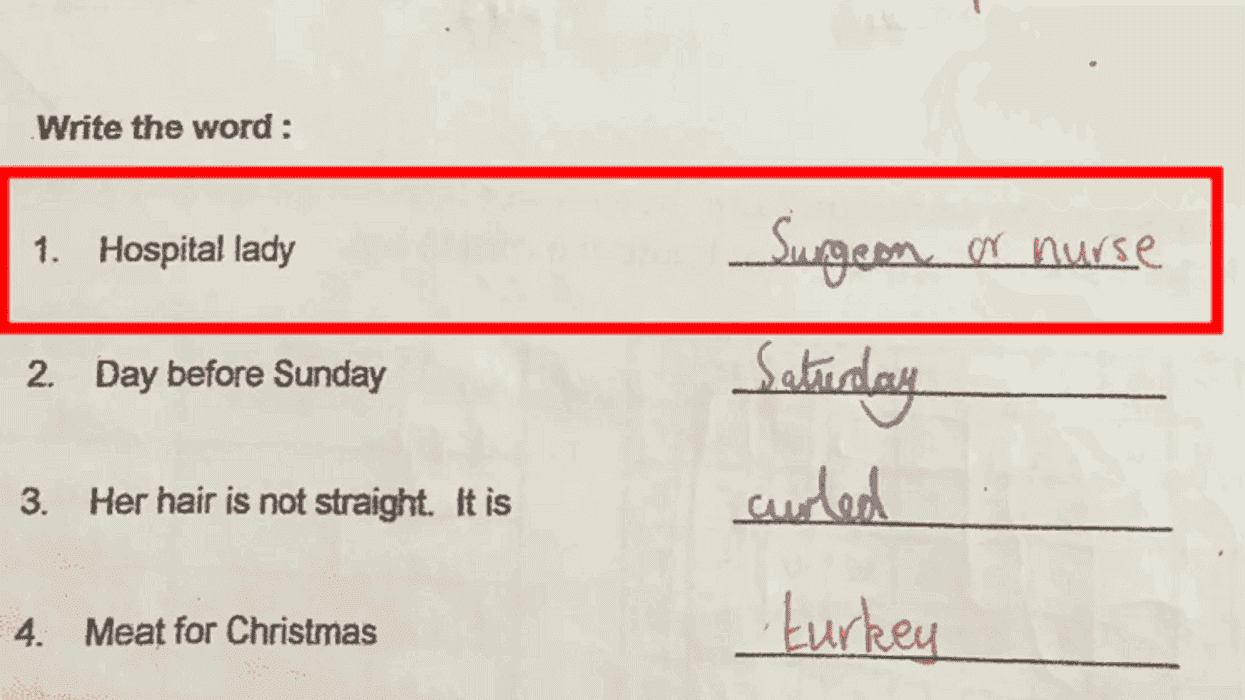In the popular discussion of gay sexuality, anal sex looms large. It is invoked to deny gay people equal rights. It is used to categorically ban them from donating blood. Gay men are labeled by type based on whether they prefer to give or receive it. A new study hopes to propose a more nuanced picture of what gay men actually do in bed.
In the Journal of Sexual Medicine, researchers from Indiana University and George Mason University surveyed nearly 25,000 gay and bisexual men in an effort to better understand how they experience sex. The study hopes to combat "the almost exclusive focus" on HIV in most academic research on gay male sexual behavior, as well as to increase understanding of the "diversity and complexity of these men’s sexual lives." To do that, they asked gay and bisexual-identified men ages 18 to 87 to chart their most recent sexual experience. Did it involve kissing, cuddling, masturbation, oral sex, anal sex? Did it happen with a boyfriend, spouse, stranger, or sex worker? Was it in a car, a home, a club? Were condoms used?
The results: Despite the popular perception, "sexual behaviors involving the anus were least common," researchers found. Around 75 percent of participants reported kissing their partners, giving oral sex, and/or receiving oral sex in their most recent sexual encounters. By contrast, only 36 percent of men reporting receiving anal sex and 34 percent of men reporting giving it. Half of participants who engaged in anal sex employed a condom. The most common series of activities in the encounter—reported by 16 percent of men—involved "holding their partner romantically, kissing partner on mouth, solo masturbation, masturbating partner, masturbation by partner, and genital–genital contact."
When blood screeners ask men if they've ever had sex with another man, what do they mean? Though the U.K. draws a distinction between engaging in oral, anal, or manual sex, the United States bans gay men from donating blood for life if they've ever engaged in sex with another man. "Sex" is undefined. This study suggests that many gay men are not even regularly engaging in anal sex, the sexual activity that puts them at greatest risk of disease transmission. When they are, many of them use protection. At the same time, almost half of straight women today will engage in anal sex. If they do it with a man who also sleeps with men, they'll only be barred from donating blood for one year.
Gay rights advocate Peter Tatchell has argued that blood donors ought to be treated as individuals, not sexualities. He suggests that eligibility questionnaires "be made more detailed for men who've had sex with men, in order to more accurately identify the degree of risk." Hopefully, studies like these can help foster accuracy on a cultural level, too. The more we know about the way people really have sex, the harder it is to file straight and gay people into easy categories: one safe, the other risky; one natural, the other dirty; one in this hole, one in the other.
Article originally appeared on 10.21.11
















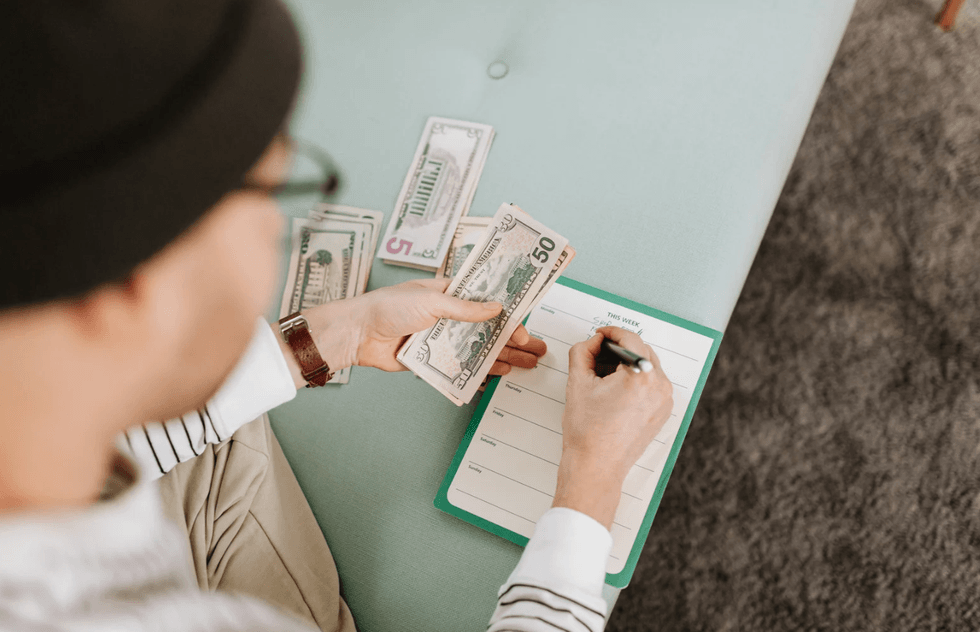 A young person doing their monthly budgetCanva
A young person doing their monthly budgetCanva

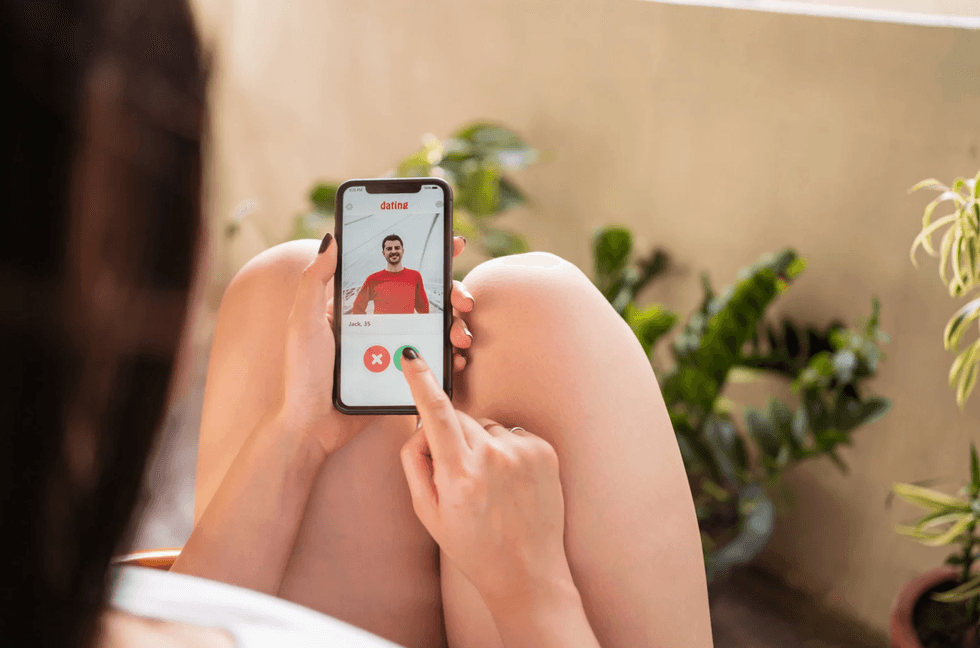 A woman scrolls through a dating appCanva
A woman scrolls through a dating appCanva
 Openly choosing the one you like best can help break down stigmas.
Openly choosing the one you like best can help break down stigmas.
 A young woman scrolling on her phoneCanva
A young woman scrolling on her phoneCanva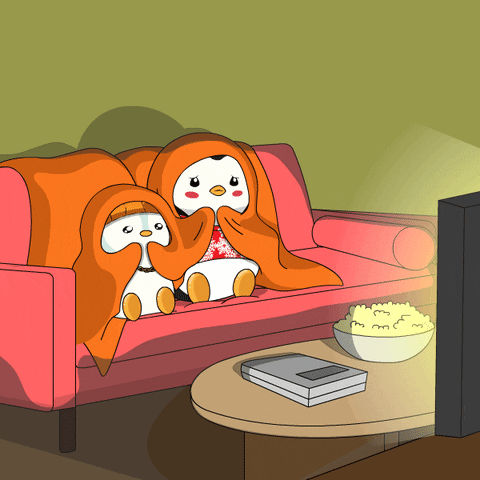 Gig of two cartoon penguins watching TV via
Gig of two cartoon penguins watching TV via 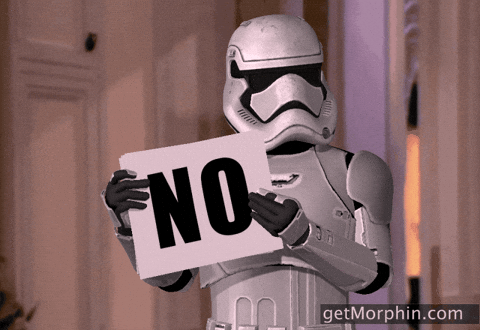 Gif of a storm trooper flipping through sings that say 'no' via
Gif of a storm trooper flipping through sings that say 'no' via 